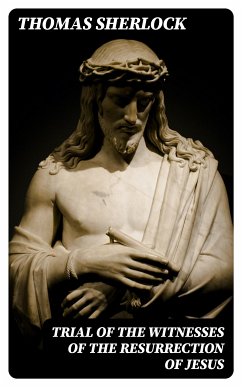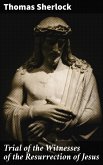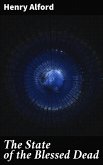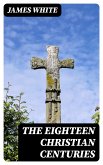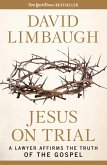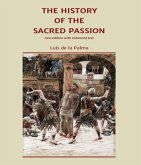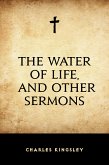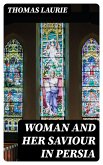In 'Trial of the Witnesses of the Resurrection of Jesus,' Thomas Sherlock meticulously interrogates the historical and theological implications surrounding the resurrection of Christ, a cornerstone of Christian belief. Employing a rigorous analytical lens, Sherlock adopts a style that blends philosophical inquiry with a narrative structure that engages both reverent and skeptical audiences. He seeks to unravel the credibility of the resurrection witnesses, utilizing a framework reminiscent of legal proceedings to dissect testimonies and objections, firmly situating his discourse within the Enlightenment context that questioned traditional authority and religious truths. Thomas Sherlock, an esteemed bishop and a prominent figure in 18th-century theological debates, produced this work against the backdrop of a burgeoning skepticism and the rationalist discourse that characterized his era. His scholarly pursuits were deeply rooted in an earnest commitment to defending orthodox Christianity while addressing contemporary doubts with intellectual rigor. Sherlock's background in both theology and philosophy uniquely equipped him to tackle these complex issues, elevating the discourse around the resurrection beyond mere belief into the realm of intellectual examination. Readers will find in Sherlock's 'Trial of the Witnesses' an essential text that not only challenges preconceived notions of faith but also enriches one's understanding of early Christian testimony. This book is highly recommended for anyone seeking a profound exploration of one of history's most debated events, blending erudition with accessibility in a manner that resonates even today.
Dieser Download kann aus rechtlichen Gründen nur mit Rechnungsadresse in A, B, BG, CY, CZ, D, DK, EW, E, FIN, F, GR, H, IRL, I, LT, L, LR, M, NL, PL, P, R, S, SLO, SK ausgeliefert werden.

